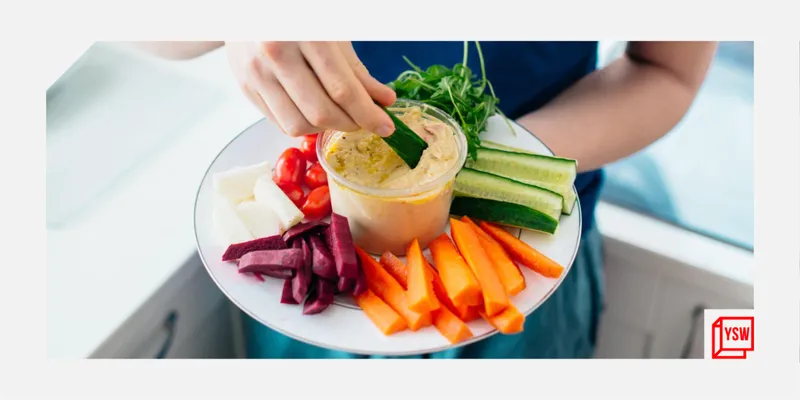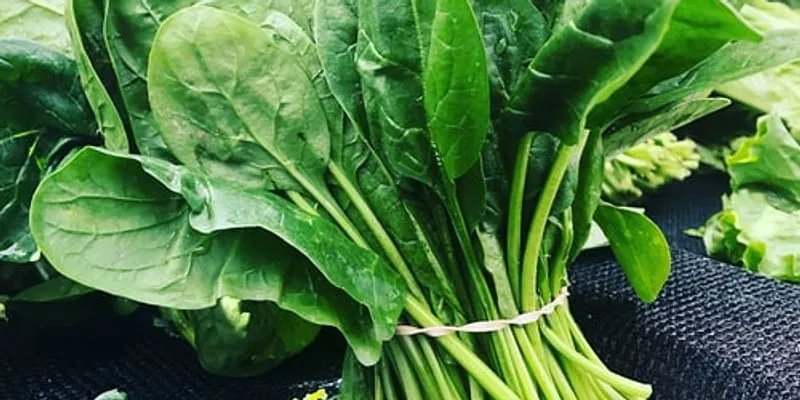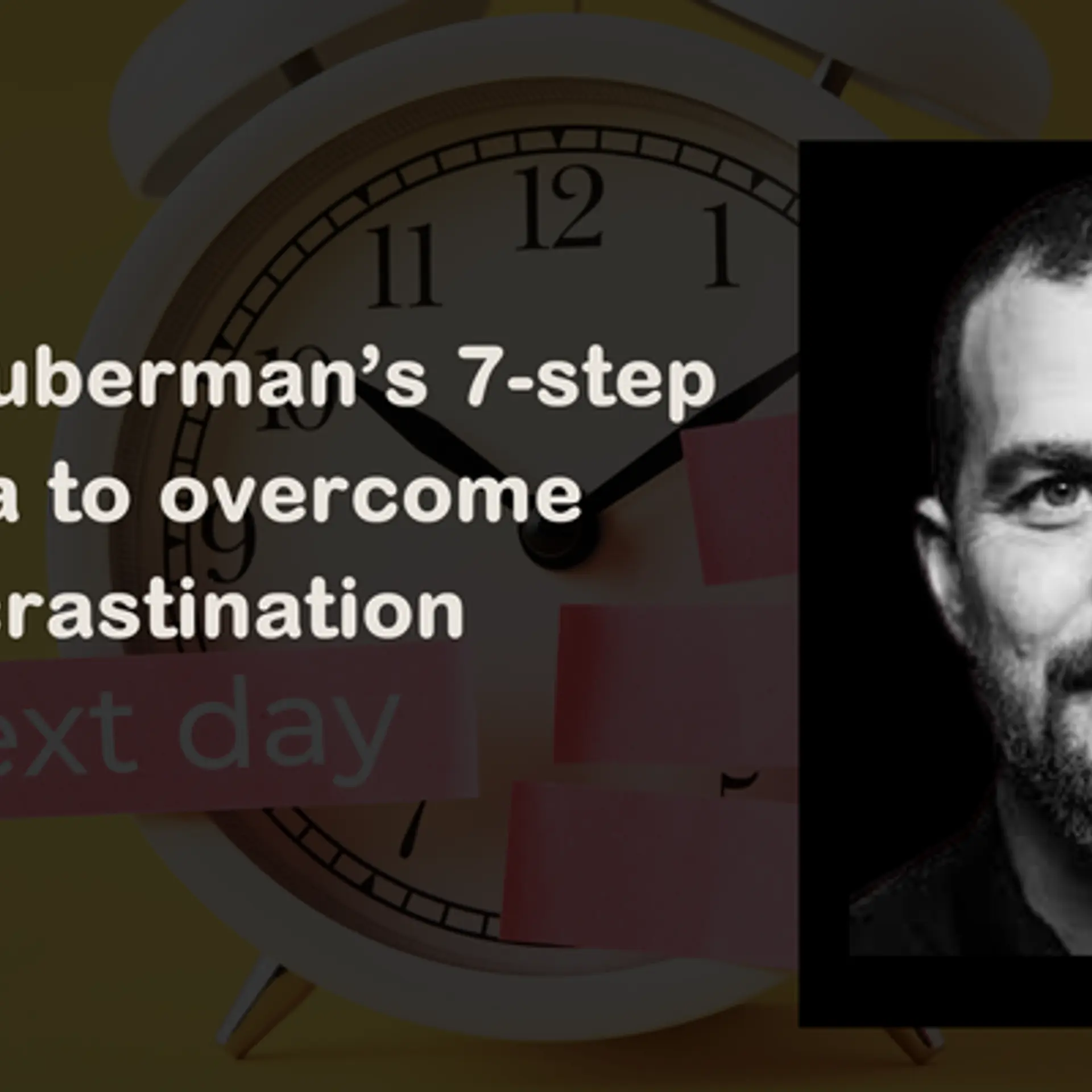How to get all the nutrients you need while following a vegan diet?
A vegan diet can be highly nutritious, but people following this need to be aware of how to obtain certain nutrients, including iron, calcium, vitamin B-12, and others that usually come from an omnivorous diet.
Vegan diets are becoming the choice for many every day. This article is not about the good and bad of it, but to dive deep into how you can get the vegan diet right. The main thing to remember is that a vegan diet requires more attention and some effort to avoid some of the predictable impacts that typically occur several months later.
While thinking about this, let’s break that down into two key points to keep in mind. The first is not to gauge the efficacy of a vegan diet on your body immediately after transitioning, as the body has some reserves of nutrients, and any negative impact will appear afterwards. The second is to take the help of health professionals and qualified practitioners to navigate potential challenges. Someone else who is a vegan, not qualified in health, may not do this.
Building a strong foundation of nutrients
Thinking of the benefits of a plant-based diet on you and the plant is a great idea, but simply removing animal products without adding whole plant-based sources that provide similar nutrient profiles of what has been eliminated is key.
The answer is not replacing chicken and fish with vegan mock meats. It can get difficult to sift through the maze of information out there, and it feels daunting. It is always better to get the right resources from health professionals. Eventually, you can be an unhealthy vegan or a thriving vegan, and this can decide whether it is sustainable for you. Unhealthy vegans might end up that way when they try to replicate taste rather than nutrients, not eat the right food combinations to improve nutrient absorption and not use the right methods to remove anti nutrients or compounds that block nutrient absorption.

Image: Shutterstock
Let’s run through some basic vulnerable areas on a vegan diet.
1. Calcium
Calcium is not limited to dairy. However, in case of calcium, the absorption is the key. Phytates and oxalates block the absorption of calcium in our body. Phytates is present in whole grains, nuts, seeds, soy, and legumes. It can bind to calcium and prevent its absorption. Oxalates also interfere with the absorption of calcium, and when oxalic acid and calcium are in the same food, it forms oxalate crystals, which impact our health in many ways.
Using vegan foods that are lower in oxalates are better for calcium absorption. These are kale, broccoli, and Bok choy. Calcium is also found in almonds, beetroots, miso, sesame, and spinach. Spinach consumed raw may not be optimal for calcium requirements. If you do show low levels of calcium, focus more on low oxalate food sources and improving digestibility of the food itself.
2. Iron
Iron is the nutrient that is always a problem in vegan diets. The reason for this lies within the physiology. The stomach is trained to maintain an acidic pH because it is expecting acidic foods. Typically, with the transition from an animal diet to a vegan diet, it down regulates stomach acid, and stomach acid is required to breakdown iron from foods and for absorption of iron. Iron also has heme and non heme. Non heme iron from plant foods is less absorbed easily. Heme iron is absorbed into the tissue due to the acidic nature. To improve stomach acid and the absorption of non heme iron, it requires lemon, tomatoes, sauerkraut etc. Great plant sources are red kidney beans, legumes, tempeh, pumpkin seeds, hemp seeds, pine nuts, leafy greens, mushrooms, whole grains, amaranth, and quinoa.
3. Protein
Needing optimal protein to stay healthy is not a myth. With a vegan diet, much more attention needs to be brought to include the right amount of protein. This can vary based on age, lifestyle, sex, weight, and stress. The other point to consider is that vegan proteins are not complete. They require variety and combinations with whole grains to make them complete. I suggest one gram per kilogram of body weight. It is very easy to fall short on a vegan diet.
Great protein sources include white beans, red lentils, black beans, red kidney beans, spinach, organic non-GMO tofu, sprouts, quinoa, and mung. Finding different ways to use, combine, and eat these with whole grains helps to get optimal levels.
You might be familiar with all of this, but you might miss getting them at every single meal. On a vegan diet, it is important to get some protein at every single meal.

4. Vitamin A
There is a difference between beta carotene found in plant foods and retinol found in animal foods. Not everyone can convert beta carotene to retinol. Beta carotene can be found in spinach, carrots, yellow or dark green coloured vegetables, mint, turnip greens, orange fruits and vegetables, squash, mangoes, dandelion, and kale.
5. Omega 3
Omega 3 is a big challenge with vegan diets. Omega 3 has ALA, EPA, and DHA. ALA is found easily in plant sources including flax, chia, hemp, and walnuts. Not all ALA can be converted to EPA and DHA. Algal oil is a great plant source of EPA and DHA, which are key for heart and brain health. Algal oil is a must on a plant-based diet. If there is a genetic pattern of cholesterol and heart disease, omega 3 is critical.
6. B12
B12 must be given attention if you would like to sustain a vegan diet over time. While you might read about nutritional yeast providing vegan B12, looking deeper into the research even from long term plant-based advocates will tell you that B12 is best supplemented.
B12 deficiency can impact nerve health, mood, sleep, and more. Consider also that you may not be eating nutritional yeast every day, or that you might be intolerant to it because it is high in histamine. This then requires you to have your B12 from supplementation.
This is just the foundational basics of where you must bring attention if you would like to be vegan. If you are serious about it, and you want to avoid symptoms of any kind, work with someone to make sure you get it absolutely right.
Edited by Megha Reddy
(Disclaimer: The views and opinions expressed in this article are those of the author and do not necessarily reflect the views of YourStory.)








